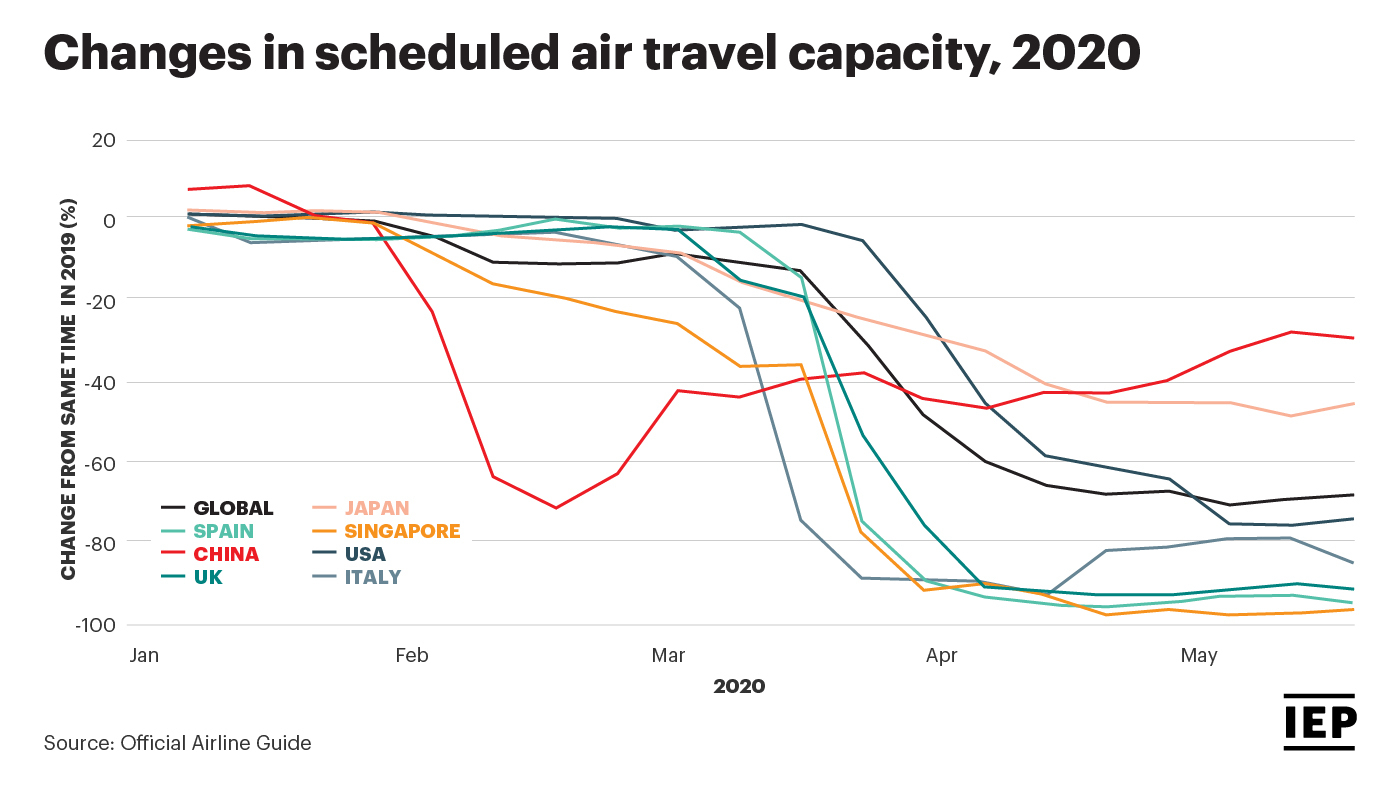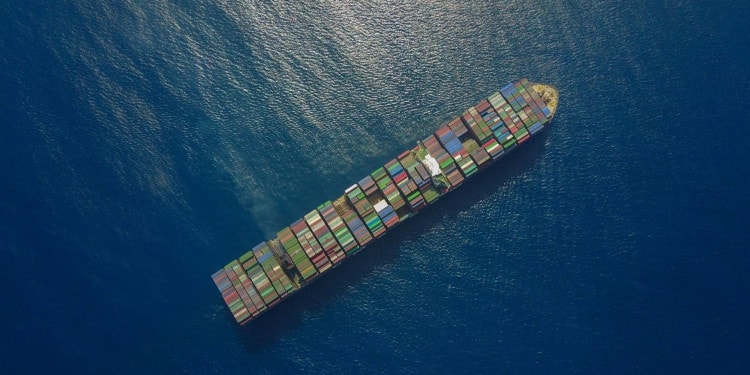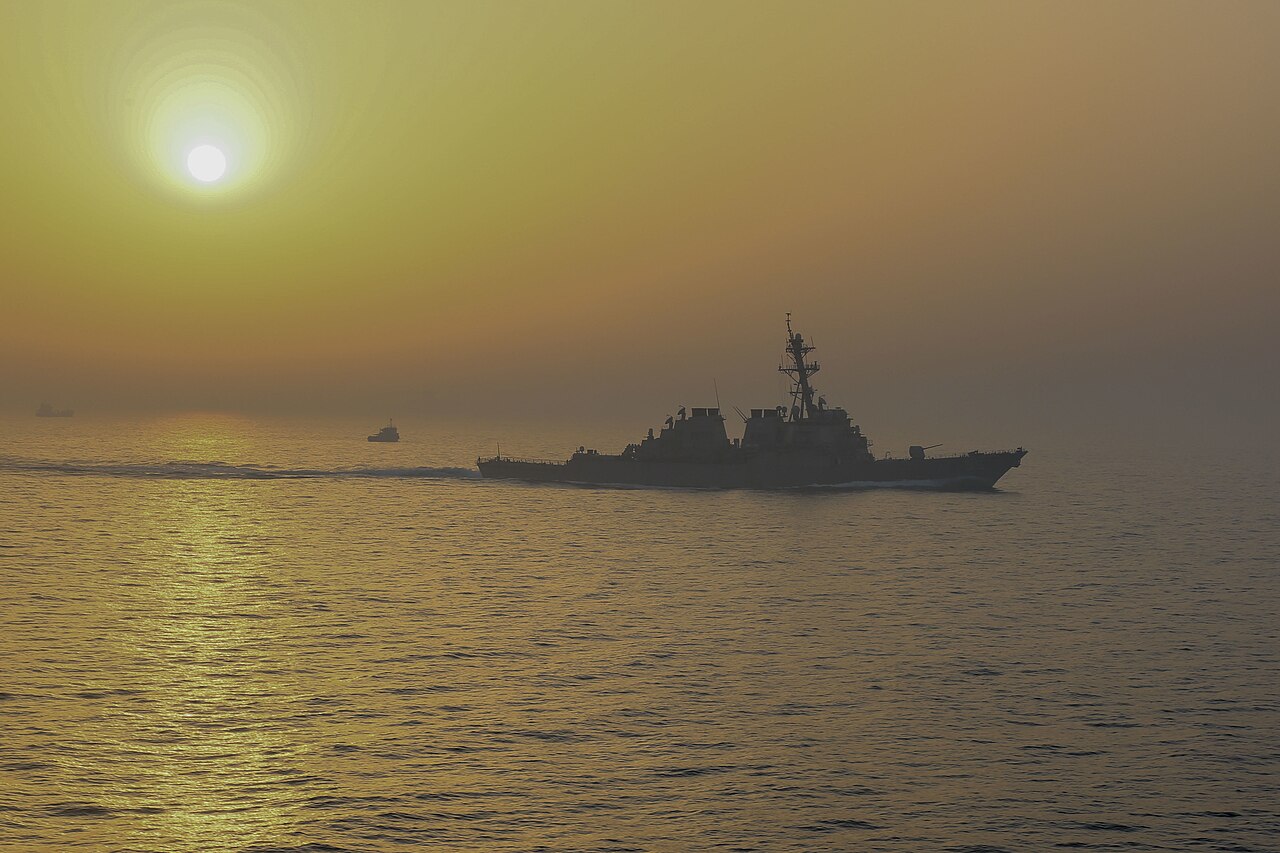International bodies are drawing attention to the invisible workforce suffering the pandemic offshore.
The United Nations and the international shipping industry are urging national governments to act on the seafarer crisis caused by the pandemic.
More than 400, 000 workers are stuck onboard international shipping vessels due to COVID-19 restrictions, some for as long as 17 months.
Ongoing changes to national travel rules, port and border closures, have limited the routes available to seafarers due to return home and hampered the usual crew change process. As a result, a significant number of seafarers have extended their contracts beyond standards allowed in international law, creating serious health and safety risks.
The International Maritime Organisation reports of several cases of seafarers denied permission to go ashore for urgent medical care. One example includes the case of Russian seafarer who suffered a stroke and was initially denied permission to enter a foreign port for urgent treatment until international agencies stepped in.
Related Articles: The Post-Pandemic Opportunity To Reshape Island Economies | Commonwealth Charity’s Action Against the ‘Learning Poverty Pandemic’
In December, the United Nations General Assembly adopted a resolution urging member states to designate the world’s two million seafarers and other maritime personnel as key workers in the context of the COVID-19 pandemic, a move that would grant them exemptions from travel restrictions and also provide access to vaccines, allowing for safe transit.
In another push to draw attention to the issue, representatives from a cross-industry alliance, including maritime industry leader V Group, the global food company Cargill and the International Transport Workers Federation, published an open letter urging business counterparts to come together to solve the crisis and sign a declaration on Seafarer Well-being and Crew Change.
The international shipping industry and its seafaring workers are responsible for the movement of more than 80 per cent of global trade including basic goods and vital medical supplies, even during the pandemic.

—
About the author: The article has been written by the Vision of Humanity Editorial staff – brought to you by the Institute for Economics & Peace (IEP). The IEP investigates the impact of COVID-19 and future trends in economics, politics, social dynamics, conflict and development.
Editor’s Note: The opinions expressed here by Impakter.com columnists are their own, not those of Impakter.com. — In the Featured Photo: A shipping container. Featured Photo Credit: management-datascience









